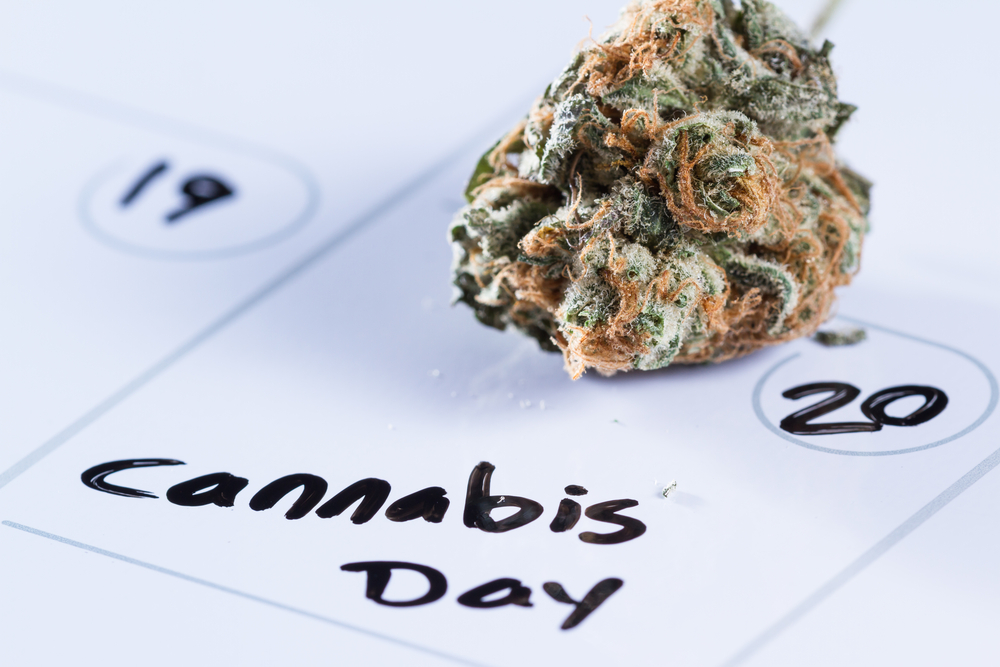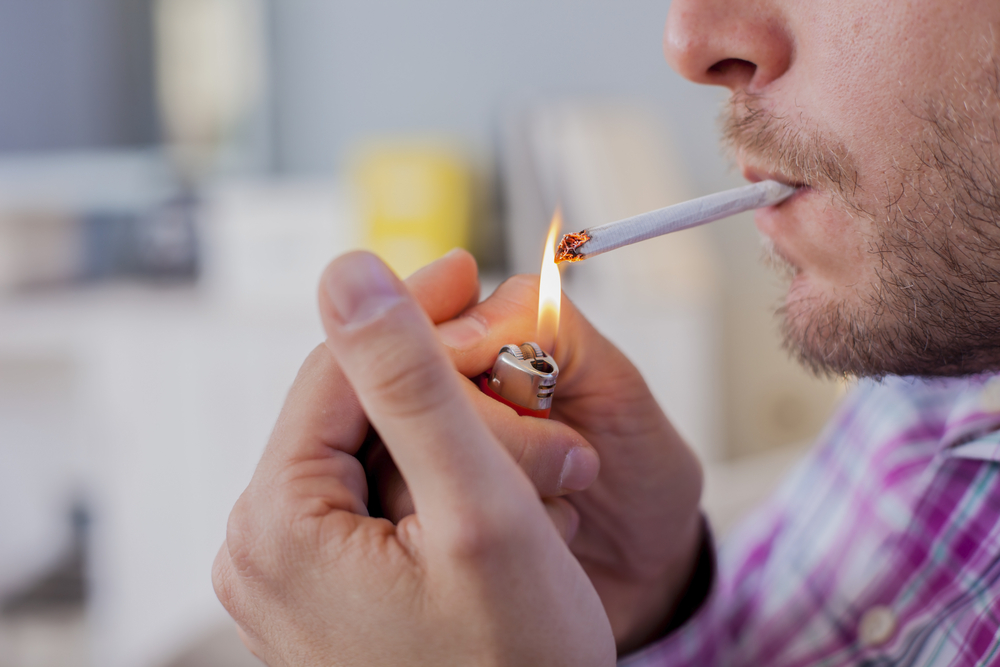Education
Cannabis Tolerance: What Does the Science Say?
There will likely come times when you indulge more than you need depending on what’s thrown your way.
Whether it be cannabis, alcohol or other tempting substances, understanding when to stop is paramount in experiencing the best outcomes.
That being said, we are not here today to talk about your unhealthy habits. Instead, we will cover how to maintain a healthy relationship with cannabis, what cannabis tolerance is and why there are times when you need to take a tolerance break.
Let’s begin!
What is Cannabis Tolerance?
Simply put, cannabis tolerance is an individual’s ability to tolerate the effects of THC. Our bodies naturally build up a tolerance to all sorts of things.
For instance, our immune systems build a tolerance to toxins, diseases, and viruses. Immune tolerance is also the reason why most people can only catch chickenpox once.
Additionally, some medications become less effective over time due to increased tolerance. Painkillers, particularly opioids, are shown to lose their efficacy with extended use.
If you enjoy alcohol regularly, you’ll probably remember a time that a single beer or glass of wine gave you the giggles. Now, it may take a six-pack to get you feeling the same way.
Similarly, when most of us started using cannabis, we could take one or two hoots on a joint and fly high all night. Now, we happily puff away all evening and only feel a mild buzz.
Here’s a brief scientific rundown of what’s happening in your body as your cannabis tolerance increases.
THC (tetrahydrocannabinol) is the psychoactive compound in marijuana that makes you feel stoned. When THC enters the body, it binds to CB1 receptors in the endocannabinoid system. The body is always trying to get back to a sober state, so after prolonged cannabis use, the brain desensitizes the CB1 receptors, so they are less receptive to THC.
The science lesson is over!
As you’ve gotten accustomed to the effects of cannabis, the tolerance you’ve built has some notable advantages. You can enjoy more potent strains and forms of marijuana without worrying about a green out.
You can instead relax into THC’s calming effects without feeling anxious or paranoid.
Additionally, medical marijuana users benefit from cannabis tolerance to medicate and still be social and productive without the hazy feeling of being heavily stoned.
That said, there are some definite downsides to building a high tolerance for cannabis. It dulls the effects of THC, makes it harder to feel a buzz and can even lead to weed dependence.
Is Weed Addictive? Who Gets Hooked & Why?
This leaves people seeking out products with greater THC content, like concentrates or high-dose edibles; but, even those potent products lose their effectiveness over time. Prolonged overuse can even lead to cannabis use disorder.
How to Measure Your Cannabis Tolerance

Unfortunately, there is no definitive way to measure your cannabis tolerance.
Some people have an innately high tolerance for THC, whereas others are more sensitive to its effects. For one person, tolerating a 50mg gummy means their tolerance has built significantly; but, someone else may think that dosage is extreme.
Cannabis tolerance is unique and subjective and best gauged based on your personal experiences and desires in using cannabis.
If you use cannabis daily for pain or mental health, you may want to maintain a high tolerance so that being stoned doesn’t interfere with your daily activities.
On the other hand, if you’re a recreational smoker who finds that your regular strain doesn’t hit like it used to, you may want to consider taking a tolerance break.
Measure your cannabis tolerance based on how you feel and how you want to feel when using cannabis products.
How Fast or Slow Does Your Tolerance to Cannabis Change?
While aspects such as age and overall health come into play, frequency of use is the primary factor in how quickly someone builds tolerance.
Someone who smokes weed everyday will build their tolerance faster than someone who only smokes on weekends.
THC content also plays a role. In other words, you’ll build tolerance faster from smoking potent, dank weed compared to a milder strain.
As discussed above, some people have an innately high or low tolerance for cannabis; some may build tolerance quickly, while others remain sensitive to it even after years of use.
How to Reset Your Cannabis Tolerance
Technically, your tolerance starts to reset as soon as you stop using cannabis. Even just one night’s sleep slightly renews your tolerance, which is why your first puff of the day is always the strongest.
Some anecdotal evidence even shows that smokers can reduce their tolerance by taking a 48-hour break.
Of course, when we’re talking about fully resetting cannabis tolerance, we’re talking about more than just a couple of nights of abstinence. A full reset requires you to take a tolerance break and abstain from all cannabis products for a longer duration of time.
This means no smoking, vaping, dabs, edibles, or any other form of THC.

For moderate cannabis users, it usually takes about a month for THC to leave their systems entirely. This means that if they were to take a drug test, they likely would test negative for THC after a month-long break.
However, it can take up to 3 months for many heavy users to purify residual THC.
Now, this doesn’t mean that an everyday user needs to commit to a 3-month break to reset their tolerance, but some chronic cannabis consumers do find that 30 days isn’t quite long enough to give the reset they want.
On the flip side, some people find that 2-4 weeks are enough, and they’re back to feeling buzzed like a teenager when they light up again.
Is Weed Withdrawal Real?
While many people get through their tolerance breaks with ease, it’s perfectly normal to encounter mild to moderate weed withdrawal symptoms when detoxing from THC.
You may feel irritable, restless or anxious. Some may experience nausea, headaches, sweats, or loss of appetite. All of these symptoms are usually short-lived, and you should feel fighting fit within a few days. Getting lots of rest and keeping hydrated will help you along while your body gets used to being temporarily THC-free.
While you should abstain from all cannabis products during a reset completely, some people also find CBD products



